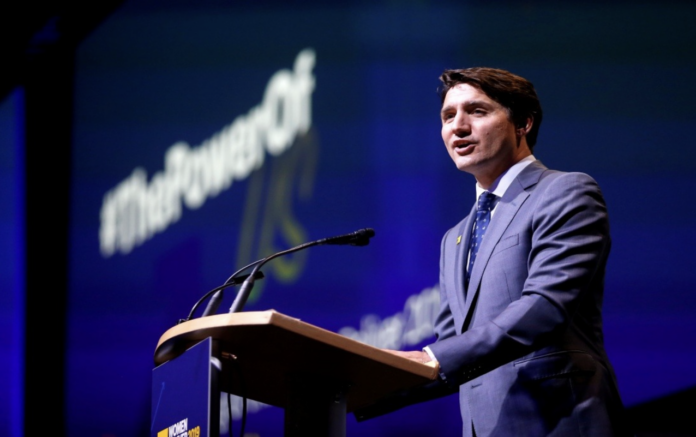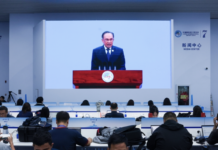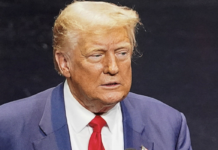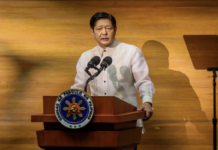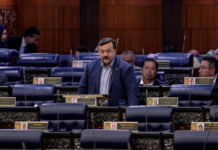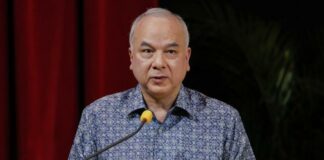WASHINGTON, Aug. 27 – The Canadian government announced on Monday it will place a 100 per cent surtax on all Chinese-made electric vehicles (EVs) and a 25 per cent surtax on imported Chinese steel and aluminium, United Press International (UPI) reported.
The government said the EV surtax would start Oct 1, which will apply in addition to the most-favoured-nation tariff of 6.1 per cent that is currently applied to Chinese-produced vehicles that are imported to Canada.
“We are transforming Canada’s auto sector into a global leader in building the vehicles of tomorrow,” Canadian Prime Minister Justin Trudeau said at a news conference on Monday.
“But actors like China have chosen to give themselves an unfair advantage in the global marketplace.”
The Automotive Parts Manufacturers Association’s president Flavio Volpe pushed Canadian lawmakers to slap Chinese EVs with significant tariffs like the United States.
He said tariffs were justified because of Chinese business’ rule-breaking.
US President Joe Biden in May announced new tariffs on about US$18 billion of imported Chinese EVs that could have entered the US market at a cheaper price than EVs made in America, against protests from Beijing.
The move also raised tariffs on EVs to 100 per cent, up from 25 per cent.
The surtax on Chinese steel and aluminium will start Oct 15.
It said a final list of goods that will be subjected to surtaxes will be announced by Oct 1.
“The Government of Canada will launch a second 30-day consultation concerning other sectors critical to Canada’s future prosperity, including batteries and battery parts, semiconductors, solar products and critical minerals,” the Department of Finance Canada said in a statement.
“A consultation notice will be released in the coming days to help inform any further government action.”
The department said Canadian workers are facing” unfair competition” from Chinese companies and products.
It said China’s policy of “overcapacity,” or flooding a market with cheap goods, lacked labour and environmental standards.
The policies threaten Canada’s long-term capacity, leading to Finance Minister Chrystia Freeland to announce the new measures.
“Canada is home to the talented workers, raw materials, clean electricity and specialised production capabilities needed to build electric vehicles and that is why our EV supply chain potential is ranked first in the world,” Freeland said in a statement.
“That is why our government is moving forward with decisive action to level the playing field, protect Canadian workers, and match measures taken by key trading partners.”




